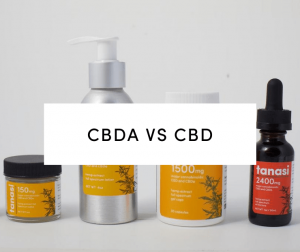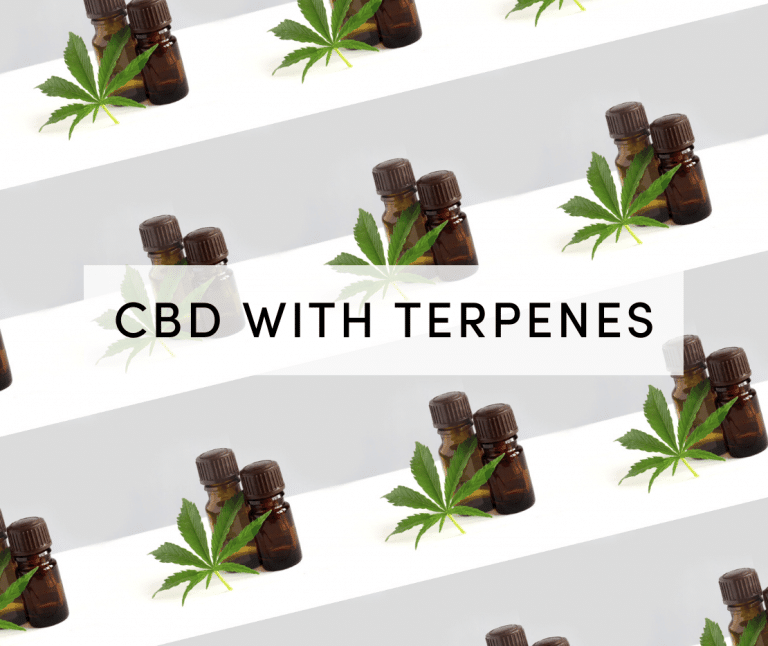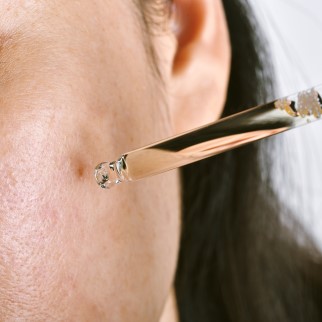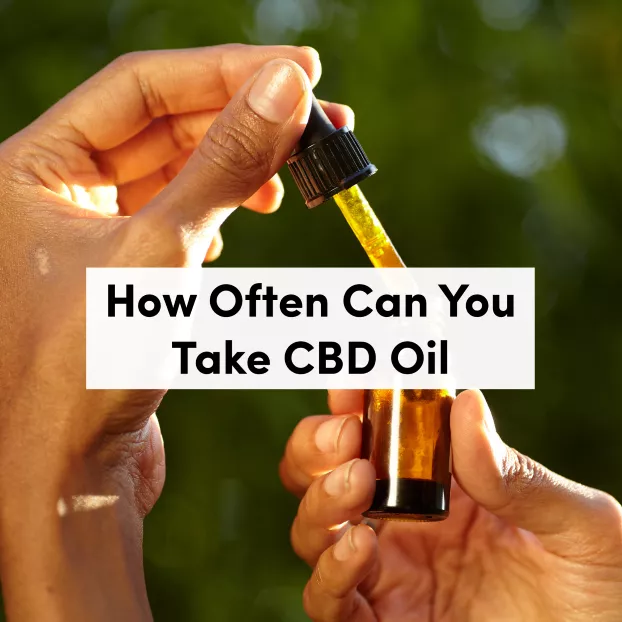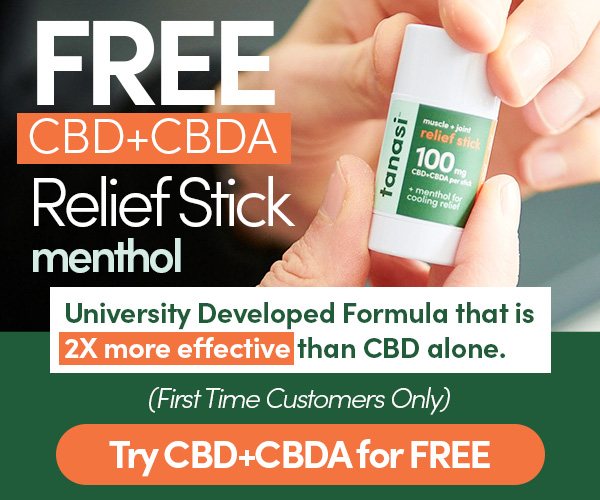CBDA vs CBD: What’s the Difference?
Posted on September 20th, 2022
Cannabis is a complex plant with numerous distinct chemical compounds. While we might know of the more famous compounds, such as THC and CBD, the plant has over 550 chemicals. (And over 100 cannabinoids that can be found in both marijuana and hemp plant varieties, at varying concentration levels). In recent years, cannabidiolic acid, better known as CBDA, has come to the forefront of researchers’ and consumers’ minds.
This distinct compound piques researchers’ interest for several reasons. Of course, the name CBDA indicates that the compound is closely related to CBD. But they are distinct from each other. And that brings us back to the question: CBDA vs CBD what’s the difference?
Below we’ll delve into the differences between both compounds. Read on!
What is CBDA? 
Cannabidiolic acid, or CBDA, is a chemical precursor to CBD. The molecule itself evolves from cannabigerolic acid (CBGA). And we call CBGA the mother of all cannabinoids as it gives rise to tetrahydrocannabinolic acid (THCA), which converts to THC. It also evolves into cannabidiolic acid (CBDA), and cannabichromenic acid (CBCA). Depending on the plant strain, that CBGA converts to different proportions of THCA, CBDA, and CBCA.
Through decarboxylation, or exposure to heat, CBDA loses its acidic carboxyl group and converts to CBD. The process of decarboxylation can be instantaneous, especially when you light, vaporize, or smoke cannabis. As such, unless you consume raw cannabis or untreated hemp oil, you’re unlikely to be exposed to CBDA.
Unlike other compounds such as CBD and THC, CBDA has less research. It’s also important to note that CBDA is a relatively unstable compound depending on how it is extracted and processed. It can decarboxylate easily, if left exposed to a hot environment. Researchers are studying ways to improve its stability, and CBDA isolates have shown promise.
What is CBD?
Cannabidiol, or CBD, is one of the most prevalent compounds in all varieties of cannabis plants. That means it can be sourced from hemp or marijuana plants. In fact, CBD is the second most active compound in cannabis after THC; it’s the most active compound in hemp varieties. Unlike THC, CBD does not cause a high.
What Does CBD Do And How Does it Work?
CBD interacts with receptors in the endocannabinoid system (ECS.)
CBDA vs CBD: What’s the Difference, Really?
At the molecular level, the main difference between CBDA and CBD is the presence or absence of an acidic carboxyl group. In CBDA, the molecular structure has an acidic carboxyl group, hence the name cannabidiolic acid. Conversely, CBD forms after CBDA undergoes a decarboxylation process.
CBD is a stable molecule, while CBDA is an unstable molecule. CBDA will readily decarboxylate into CBD when exposed to heat or when left in a hot temperature environment for an extended period of time.
Further Distinctions
CBDA and CBD are distinct compounds that may interact with different systems in our bodies. More research is required to determine what those effects may be.
In conclusion, while each compound has its own unique properties, emerging research suggests that they are most effective when combined and used together. Using compounds that combine CBDA and CBD could lead to a more effective combination.
Where Can You Find CBDA?
There are numerous cannabis strains that are rich in CBDA, though they would need to be sampled in raw form to access CBDa. Furthermore, when you consume any form of cannabis by burning the product, the CBDA decarboxylates into CBD.
Since CBDA concentrations in plants are small and unstable, isolating CBDa is expensive. As such, few solitary CBDA products exist. Instead, it’s easier to access CBDA in oils, capsules, topicals and tinctures that include other cannabinoids. Any process that exposes CBDA molecules to heat will convert it into CBD.
For those who wish to explore CBDA, Tanasi offers a range of products that contain a 1:1 equal formula of CBD + CBDA.
Conclusion: CBDA vs CBD, What’s the Difference
While CBDA and CBD are different compounds at the molecular level, taking either or both may yield similar results. In fact, our research suggests that combining CBDA and CBD is better than CBD by itself.

